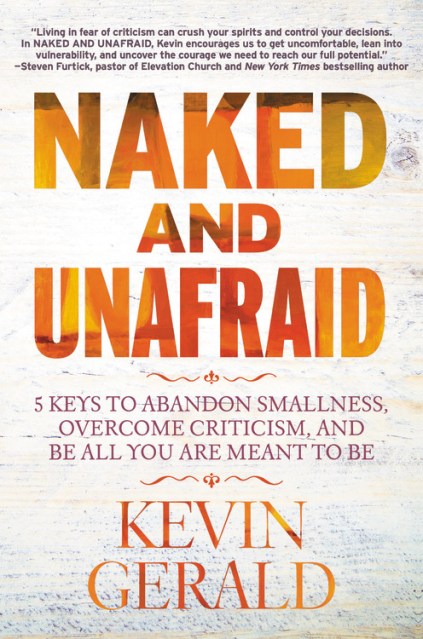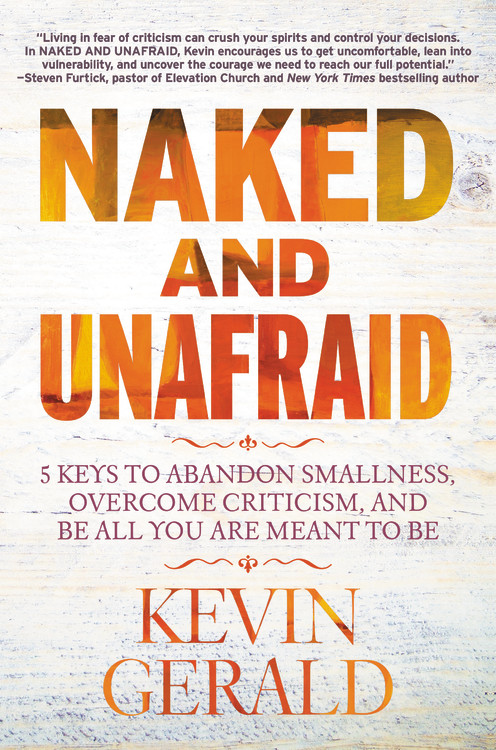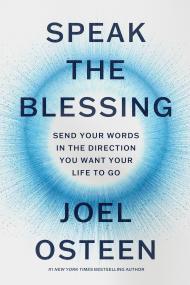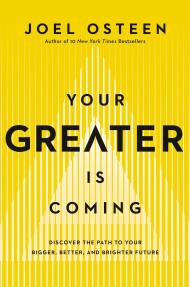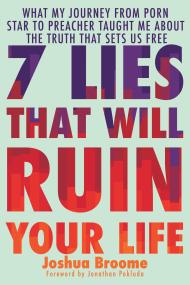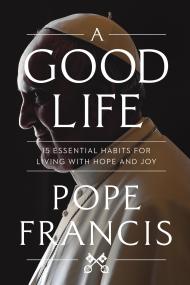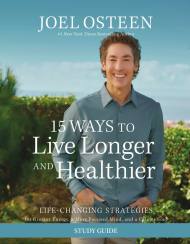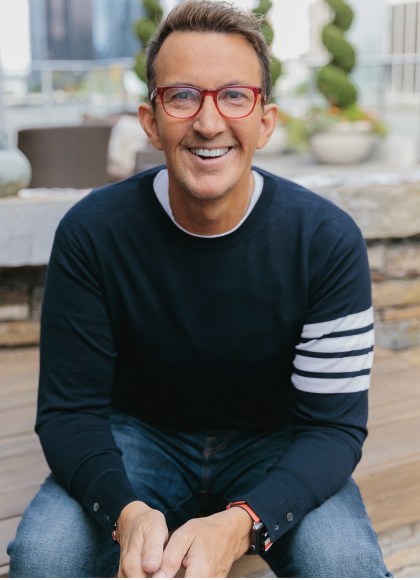Promotion
Use code MOM24 for 20% off site wide + free shipping over $45
Naked and Unafraid
5 Keys to Abandon Smallness, Overcome Criticism, and Be All You Are Meant to Be
Contributors
By Kevin Gerald
Formats and Prices
Price
$16.99Price
$22.99 CADFormat
Format:
- Trade Paperback $16.99 $22.99 CAD
- ebook $12.99 $16.99 CAD
- Audiobook Download (Unabridged)
This item is a preorder. Your payment method will be charged immediately, and the product is expected to ship on or around February 2, 2021. This date is subject to change due to shipping delays beyond our control.
Also available from:
Celebrate a vulnerable and open life by overcoming your fear of criticism and start living the life God intended.
Fear of criticism has turned into a massive epidemic harder than ever to overcome. It prevents people from speaking up; it's why most people struggle to make decisions; it's why we're uncomfortable with vulnerability and openness; and it's why so many are unable to meet their full potential. But it doesn't have to be that way.
Through the Bible story of King David dancing naked in the streets while his distant, guarded, and critical wife watches from a window, Naked and Unafraid provides a visual contrast of these two characters that sheds light on the way we all approach life and explains how the fear of criticism impacts our lives much more than we realize or are willing to admit.
God didn't create us to live guarded, isolated lives. Our greatest fulfillment isn't found in the window. It's found in the street. Everything in our lives, including our relationships, our work, our emotional and spiritual health, gets better in a place of openness and vulnerability. But that doesn't mean it's easy. . . because it's not. Vulnerability is risky. Exposure is scary.
Naked and Unafraid pushes readers to:
Fear of criticism has turned into a massive epidemic harder than ever to overcome. It prevents people from speaking up; it's why most people struggle to make decisions; it's why we're uncomfortable with vulnerability and openness; and it's why so many are unable to meet their full potential. But it doesn't have to be that way.
Through the Bible story of King David dancing naked in the streets while his distant, guarded, and critical wife watches from a window, Naked and Unafraid provides a visual contrast of these two characters that sheds light on the way we all approach life and explains how the fear of criticism impacts our lives much more than we realize or are willing to admit.
God didn't create us to live guarded, isolated lives. Our greatest fulfillment isn't found in the window. It's found in the street. Everything in our lives, including our relationships, our work, our emotional and spiritual health, gets better in a place of openness and vulnerability. But that doesn't mean it's easy. . . because it's not. Vulnerability is risky. Exposure is scary.
Naked and Unafraid pushes readers to:
- Find the courage to not let criticism control or determine who they are and what they do.
- Stop living in the shallow end of relationships and experience the rewards that true vulnerability can bring.
- Abandon smallness and live the life they were born to live.
- Discover how the fear of criticism diminishes in direct proportion to understanding it.
- Reject the limitations and inhibitions of "window living," so they can experience the freedom and rewards of "street life."
- Confront their own worst critic that counts them out of what God has included them in.
Genre:
-
"Living in fear of criticism can crush your spirits and control your decisions. In Naked and Unafraid, Kevin encourages us to get uncomfortable, lean into vulnerability, and uncover the courage we need to reach our full potential. I'm glad my friend was willing to share this message with the world, because I've watched him live it out."-Steven Furtick, pastor of Elevation Church and New York Times bestselling author
-
"Most all of us find ourselves limited by our ongoing fears, personal insecurities, or over-sensitivities. Thankfully, Pastor Kevin Gerald has written an encouraging, practical, and power-packed book. Each chapter is jammed with wisdom from God's Word, stories that inspire, and truth that will empower you to overcome the things that hold you back so you can live the life you are created to live."-Craig Groeschel, pastor of Life.Church and New York Times bestselling author
-
"It's easy to walk through our lives isolated and afraid of making mistakes, but this is far from the life God calls us to live. Rather, like David, we are to boldly step into the street, dance, and enjoy the life Jesus died for us to live. In NAKED AND UNAFRAID, Kevin reveals that for us to reach our full potential of who God created us to be, it's crucial that we live out of a place of vulnerability. I believe this is a message none of us are exempt from but all of us will be better for."-Levi Lusko, lead pastor of Fresh Life Church and bestselling author
-
"In an age of unprecedented exposure to criticism; Kevin Gerald provides a blueprint for a balanced, blessed, and best life."-Dr. Dharius Daniels, lead pastor of Change Church
-
"Within the pages of this book are keys that will bring not just revelation but transformation to every seeking heart. Pastor Kevin is able to impart such wisdom because he has lived out this story and by doing so has helped many. . .We all need trusted truth tellers, and in these pages you will find a friend who will become that to your life."-Charlotte Gambill, lead pastor of LIFE Church UK
- On Sale
- Feb 2, 2021
- Page Count
- 272 pages
- Publisher
- FaithWords
- ISBN-13
- 9781546038931
Newsletter Signup
By clicking ‘Sign Up,’ I acknowledge that I have read and agree to Hachette Book Group’s Privacy Policy and Terms of Use
